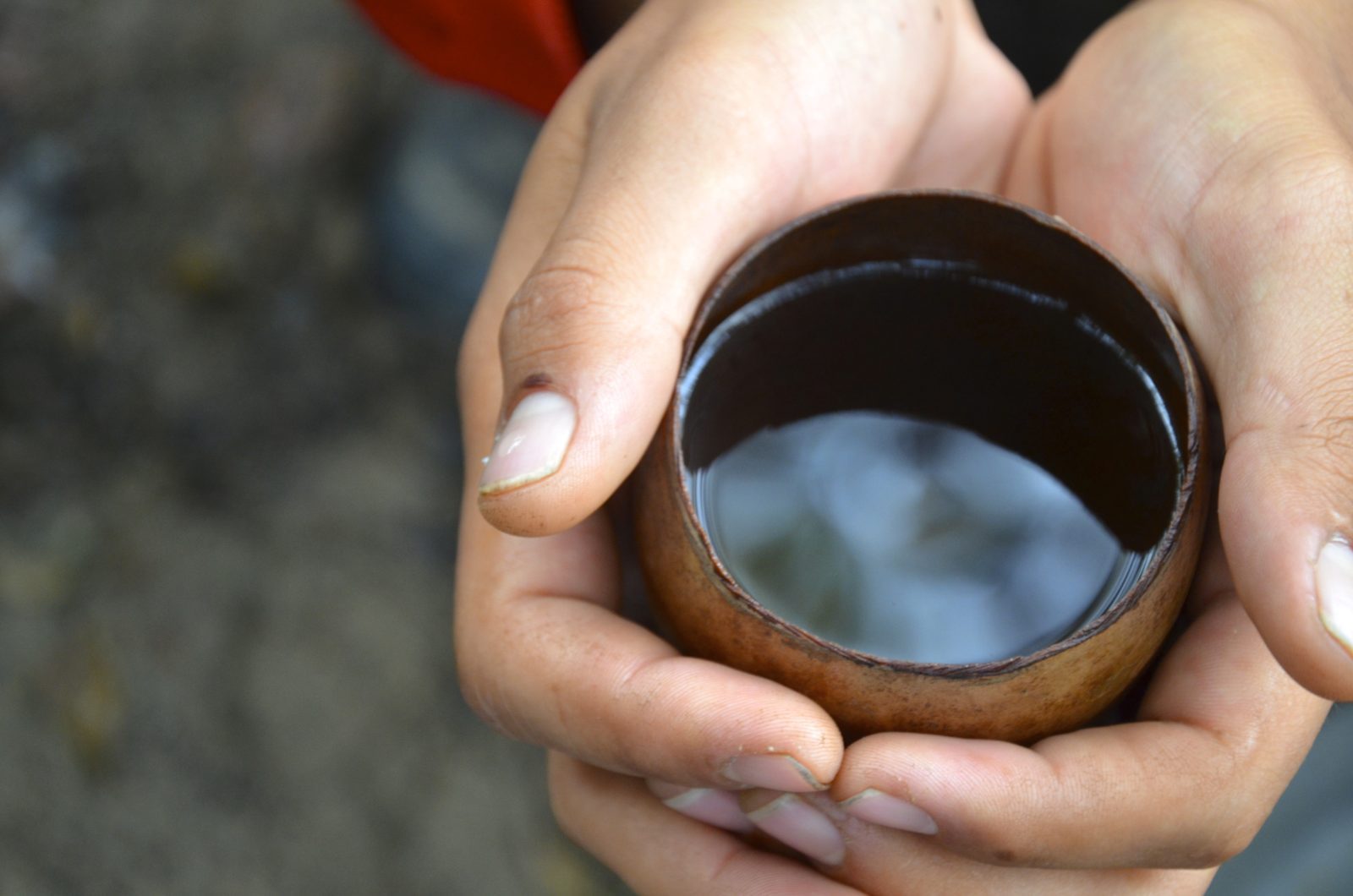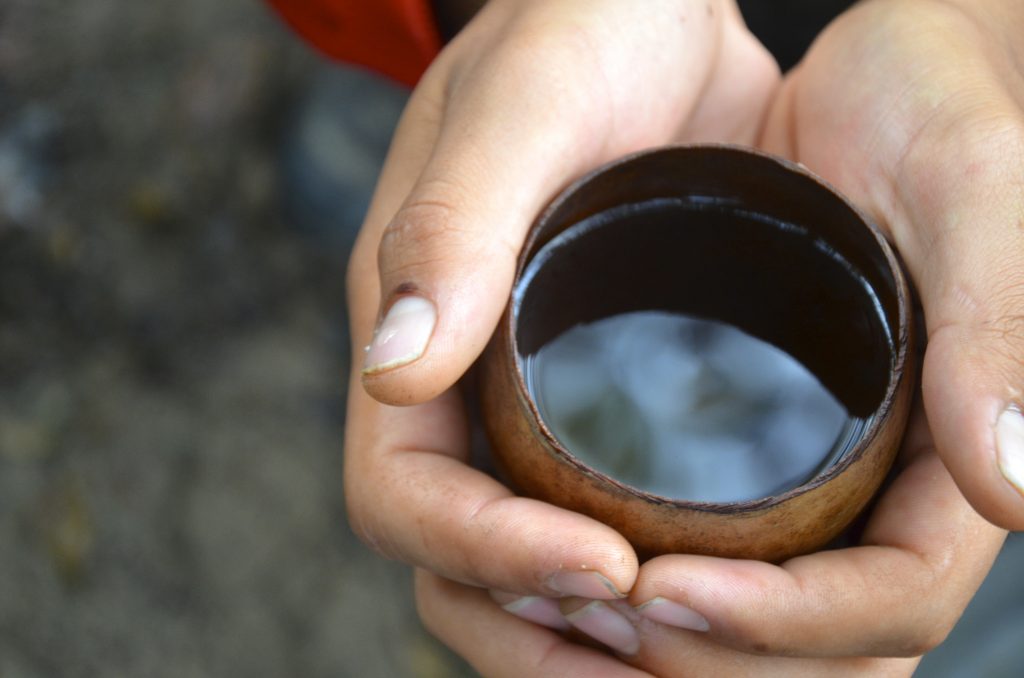Interesting Interview Dan MacCombie of Runa
We first discovered Runa at a sample station at Whole Foods. We had never heard of the exotic tea leaf guayusa before and, feeling adventurous, decided to give it a try. We were pleasantly surprised with the clean and refreshing flavor of the lemongrass tea as well as a slight hint of sweetness. When we looked carefully at the ingredients, we were shocked to see that there wasn’t any sugar added. We were so impressed with the product that the moment we got home we immediately looked up information on the company. To our delight, we learned that the main office is in Brooklyn. Eager to learn more about this amazing brand, we set up an in-person interview.
When we first entered the works pace of Runa, we were taken aback by the decidedly non-corporate environment of the entire office building. In one part of the office space people were putting together some lunch on a beautiful wood counter top, in another section others were hanging out and chatting on the sofa. The next surprise came when we actually discovered that the young man on the couch was actually the co-founder – Dan MacCombie. At the tender age of 28, Dan MacCombie and his partner Tyler Gage have created a successful company built on the foundation of cultural preservation. “One of our biggest goals was to be able to come and work with them [the farmers] and support their livelihood, support them in preserving and protecting their culture and growing it most importantly…they want to preserve their forest, they want to educate their kids.” MacCombie explains that in these areas where guayusa grows, there is very little in terms of economic sustainability. Most of the farmers in the area survive by growing corn and sugar, which are low commodity crops. Others grow coffee and cacao, but with such extreme market fluctuations it’s difficult for them to maintain their livelihood. Unfortunately, as MacCombie explains, “they didn’t have a lot of options so they had to cut down trees.”
In order to address this issue, MacCombie and Gage work directly with around 2,500 farmers when purchasing the guayusa leaves. Rather than use a 1-for-1 model, Runa pays 15% of every dollar spent on Runa to the farmers as well as paying them for the raw ingredients. Another 15% of Runa profits go towards the social premium, which is part of the fair trade system that Runa created. This money goes towards community directed management projects such as: farm systems and watering system. The farm system itself is unique to Runa and has actually increased the ecological value of the forest through Guayusa. “We’ve planted hundreds of thousands of guayusa trees in sustainable agriforestry systems throughout the area.” Unlike many other farming systems, the agriforestry system is “… modeled after the actual rainforest. So there with guayusa they’ll have potential wood trees for sustainable timber, shade giving trees, fruits, vegetables. It’s like a forest garden.”
Rather than focus on traditional marketing and advertising methods, Runa has taken a more personal approach by getting involved with communities across the US. They have had excellent feedback so far. “People love it. It’s become a part of their daily lives…”
Runa is definitely going to be a mainstay at the Nardio offices.
You can learn more about Runa at their website
Check out the our video interview with Dan and below for a slideshow of beautiful pictures of a guayusa farm in Ecuador.
[slideshow_deploy id=’6577′]







